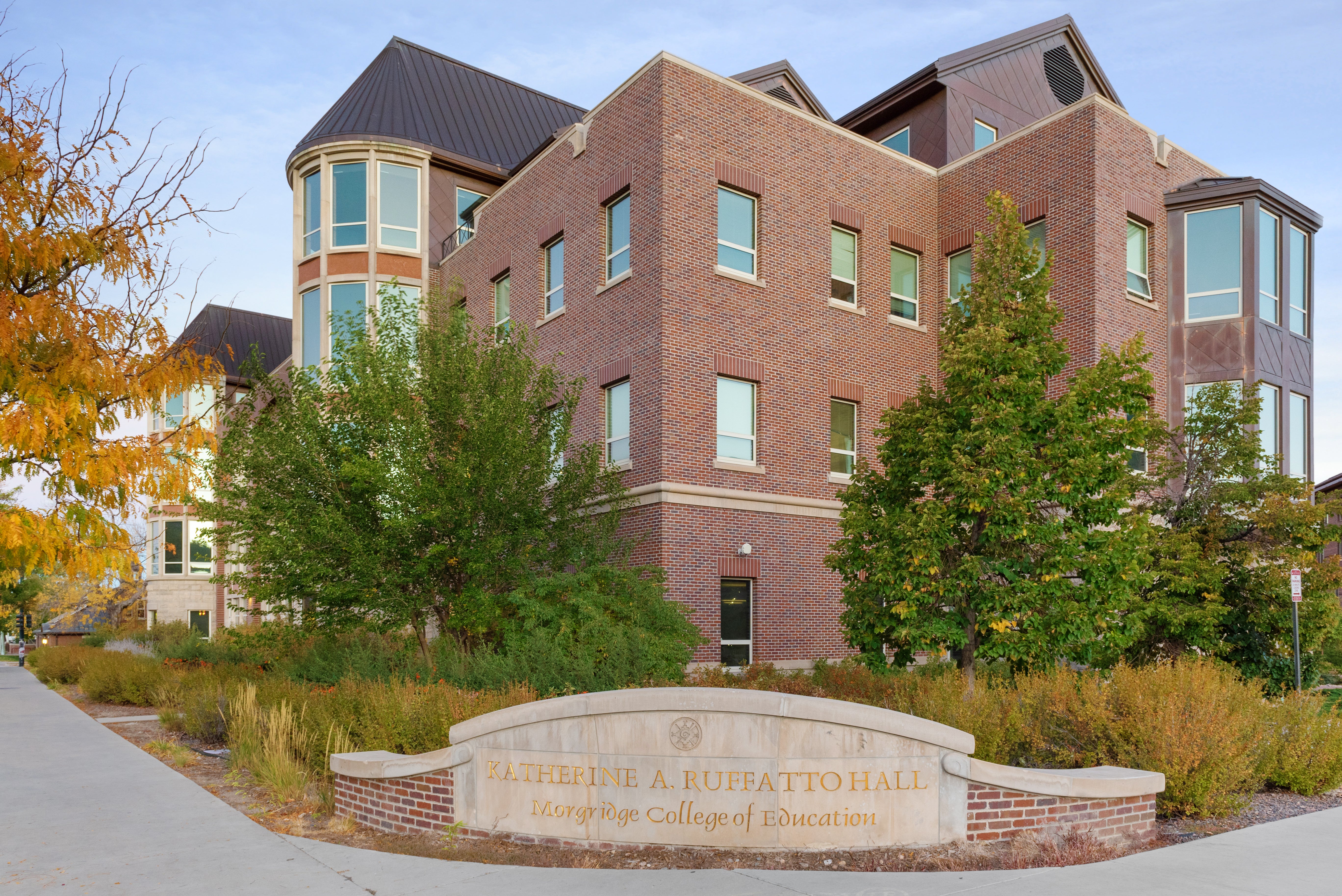Financial Aid & Scholarships
We are here to help you navigate funding opportunities. Many additional resources are available to help fund your education. These include loans, assistantships, private scholarships, and grants. Explore the resource below or contact us for more information.
Check out our core DU scholarship page for information on University-wide funding opportunities.
Explore Funding OpportunitiesMorgridge Scholarships
Scholarships offered by Morgridge include Dean’s Scholarship awards, named merit scholarships, GTA and GRA appointments, grants, and fellowships. Unlike student loans, these awards do not need to be paid back.
You're considered for most MCE-funded scholarships automatically upon admittance. Dean’s Scholarships vary by program and are awarded to incoming students based on academic merit. They can be awarded for one to three years. Morgridge also has over 40 donor-funded merit scholarships that are awarded to outstanding applicants when they are admitted.
-
Dean's Scholarship
MCE Dean’s Scholarship awards pay for tuition costs. They are applied to student accounts evenly across the academic year. Typically, Dean’s Scholarship awards are divided equally between Fall, Winter and Spring quarters.
If your program’s coursework requires Summer enrollment, your Dean’s Scholarship award will be spread over four quarters. If you enroll in the Summer by choice, you will need to contact MCE Financial Aid to ensure your award is allocated properly.
If you receive a Dean’s Scholarship and are subsequently awarded a Graduate Assistantship (GTA or GRA), your Dean’s Scholarship may be reduced by the equivalent amount of tuition waiver accompanying the GTA or GRA. However, your overall MCE funded financial aid package will never be reduced from the original award amount.
-
Dissertation Grant Funding Support
Students who have successfully defended their dissertation proposal have several resources to support executing and completing their dissertation, including applying for dissertation fellowships offered by DU's Office of Graduate Education.
MCE is revamping its internal Dissertation Research Grant program and we encourage students to first apply to COESA's Dissertation/DIP/DRP grants, which can be found here:
Student Loans & Grants
An education is one of the best long-term investments you can make in your future, and borrowing is one way to fund that investment. With careful planning, a loan can be a smart decision for you and your family, as many educational loans have more favorable terms than other consumer loans (such as car loans or credit cards). However, since all loans must be repaid, you should only borrow what you need.
Learn more about available student loans:
All federal financial aid is managed by the central DU Office of Financial Aid, located in University Hall Room 255.
For assistance with your federal financial aid, contact a Graduate Financial Aid Advisor at (303)871-4020 or finaid@du.edu.
-
TEACH Grant
Through the College Cost Reduction and Access Act of 2007, Congress created the Teacher Education Assistance for College and Higher Education TEACH Grant Program that provides substantial grants to students who intend to teach in a public or private elementary or secondary school that serves students from low-income families. In exchange for receiving a TEACH Grant, you must agree to serve as a full-time teacher in a high-need field in a public or private elementary or secondary school that serves low-income students and teach for at least four academic years within eight calendar years of completing the program of study for which you received a TEACH Grant.
-
Work Study
Work-study is a need-based financial aid award that allows you to work on campus (or with an approved off-campus employer) to earn money to help pay for educational expenses. It’s not a grant (because you must work to earn it), and it’s not a loan (because you don’t have to repay it). You can only apply for work-study positions if you have this award as a part of your financial aid package and you must be enrolled at least half-time (4 credits) to use it. If you were not awarded work-study, visit Student Employment for other job opportunities.
To learn more about DU work-study visit the DU website.



